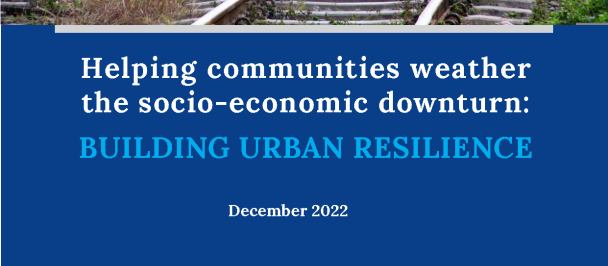Participants taking photos at the International Day for Disaster Reduction Event in Nay Pyi Taw on 13th October. Photo: Yamon Phu Thit/UNDP
This year’s International Day for Disaster Reduction falls shortly after a devastating earthquake and tsunami in Indonesia showed yet again the urgency of resilience and risk-awareness.
Disasters have a steep human cost.
Millions of people are displaced every year, losing their homes and jobs because of extreme weather events and earthquakes.
However, not all countries report systematically on the economic losses from major disaster events, according to a new report prepared by the UN Office for Disaster Risk Reduction.
This year’s International Day aims to highlight the need for Member States to improve data collection on disasters, including comprehensive accounting of economic losses.
This is crucial for progress on crisis prevention.
For example, a better understanding of the economic losses from extreme weather events can help to generate greater action on climate change and increased ambition on reducing greenhouse gas emissions.
Measuring economic losses can also motivate governments to do more to achieve the targets of the Sendai Framework for Disaster Risk Reduction, which seeks a substantial reduction in disaster losses by 2030.
Reducing the economic losses from disasters has the power to transform lives and contribute greatly to the eradication of poverty.
As we mark the International Day for Disaster Reduction, let us reaffirm our commitment to this vital endeavour.

 Locations
Locations
 Myanmar Version
Myanmar Version 


